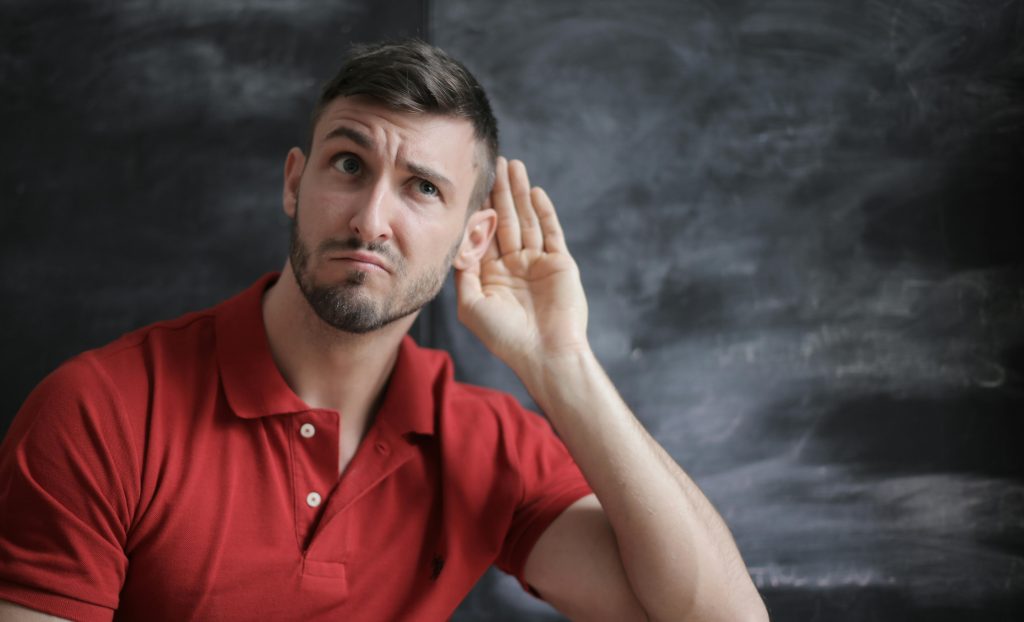
There are many different ways people can lose their hearing. For the most part, hearing declines naturally as you get older, and the majority of hearing aid users are over the age of 70.
However, people of any age can experience age-related hearing loss or other conditions impacting their hearing, not just older generations. From illnesses to health conditions, injuries, or exposure to environments that damage your hearing, there are numerous factors that can impact your ability to hear the world around you. Want to know more? This article is going to explore some of the ways you might lose your hearing so you can look into protection when possible.
Accidents
Anyone can have an accident at any time and lose some or all of their hearing. Your ears are sensitive, and once you sustain damage to the tiny hairs within the ear canal, there is no going back, and your hearing can’t be restored. If you find yourself in this situation, it’s crucial to seek professional help. Whether it’s consulting with an expert accident lawyer or find a forensic audiologist, professionals can help you navigate the process of claiming damages for your hearing loss.
Noise Exposure
Your hearing can become damaged when you are exposed to sounds exceeding 80 decibels. Even being in close proximity to loud noises occasionally can be enough to cause irreversible damage.
Loud traffic, working at airports, and being in the presence of noisy environments, such as concerts and construction sites, can put excess pressure on your hearing and cause damage. You can and should wear hearing protection that protects your ears when you are going to be in a place that is littered with loud sounds, i.e., the firing range or working around loud machinery. The right protection against the onslaught of noises, especially those exceeding 100dB, can be enough to prevent hearing loss.
Illnesses
Illnesses and health conditions can wreak havoc on your hearing and be the cause of hearing loss. From meningitis to ear infections, perforated eardrums, as well as kidney disease, diabetes, measles, and CMV.
Some health conditions cause only temporary hearing loss, for example, wax buildup, and can be rectified, thus restoring hearing. The same applies to hearing loss from ear infections once they have been resolved. However, some health conditions can result in permanent hearing damage and require the use of a hearing aid to amplify sounds, allowing you to hear as you used to or as close to your pre-illness hearing as possible.
Genetics
Some people might be more susceptible to hearing loss due to genetics. It might be that babies are born with no hearing and are profoundly deaf due to genetics, or people might see their hearing deteriorate over time thanks to genetic disorders. Usher syndrome, Alport Syndrome, and Pendred syndrome are a few examples of the various genetic conditions that impact people’s hearing.
Protecting your hearing is vital to help you avoid premature hearing loss. Wearing ear protection in loud environments, cleaning and caring for your ears properly, and seeking medical help when you sustain an injury or have been ill can help you identify any potential damage to your hearing sooner rather than later.